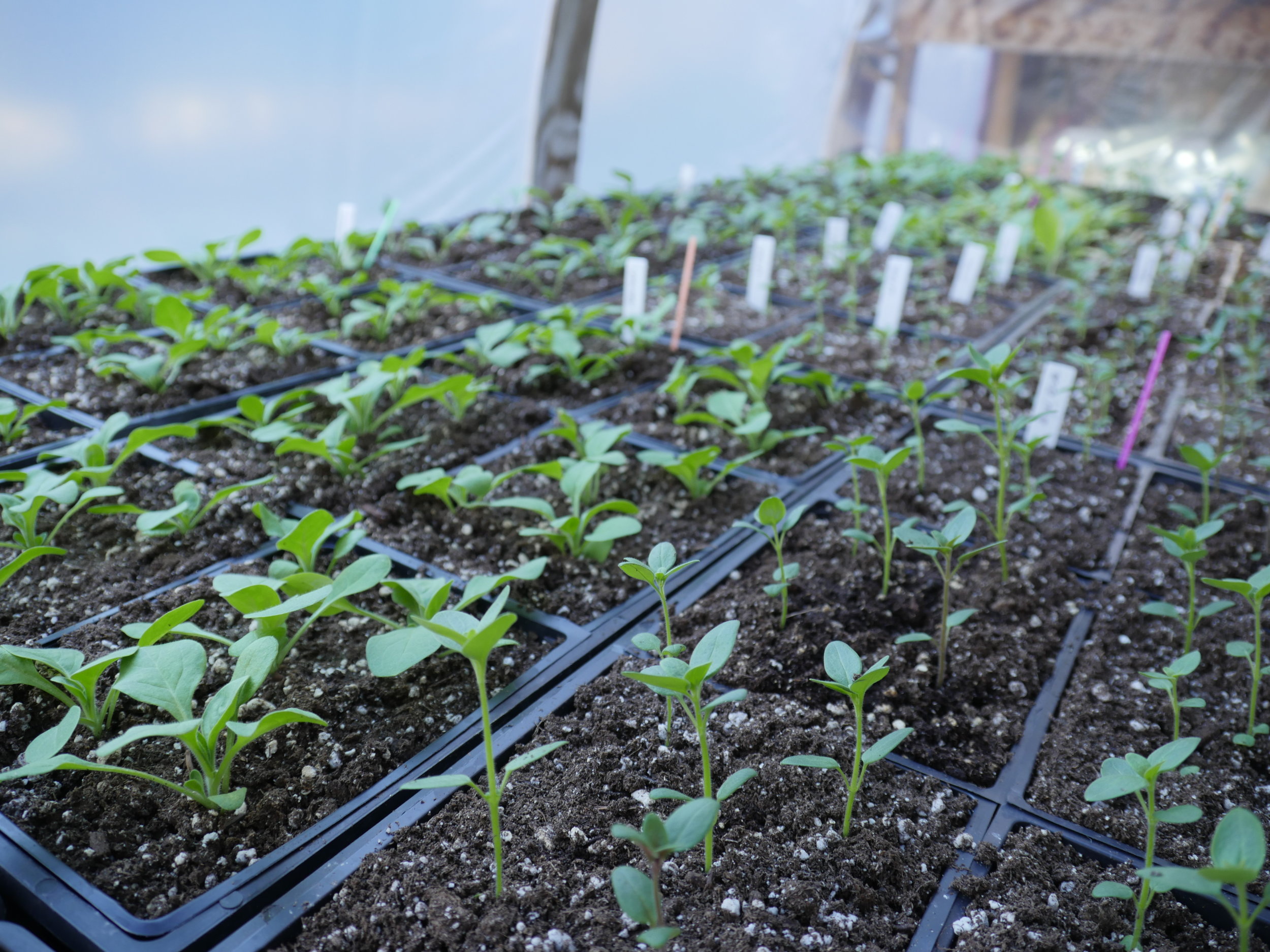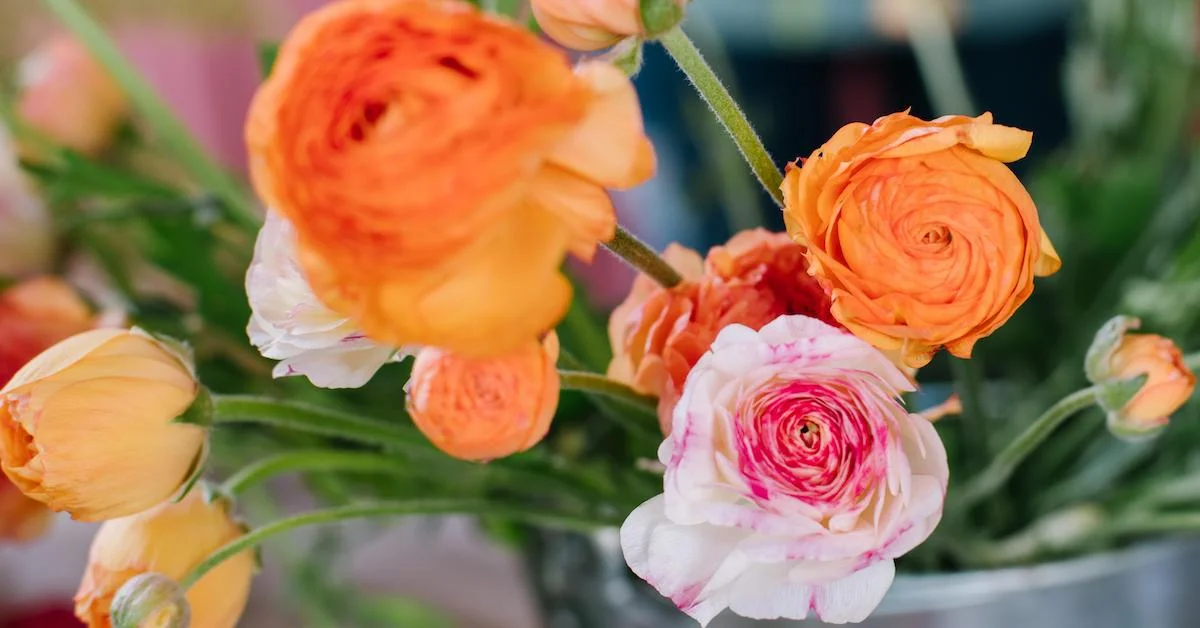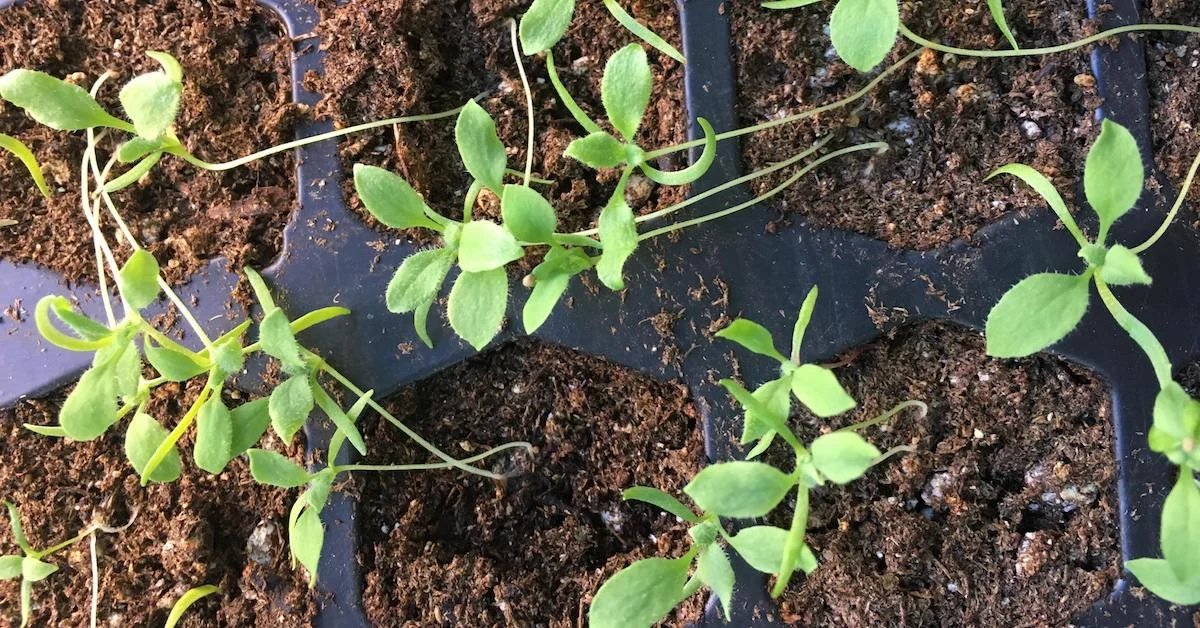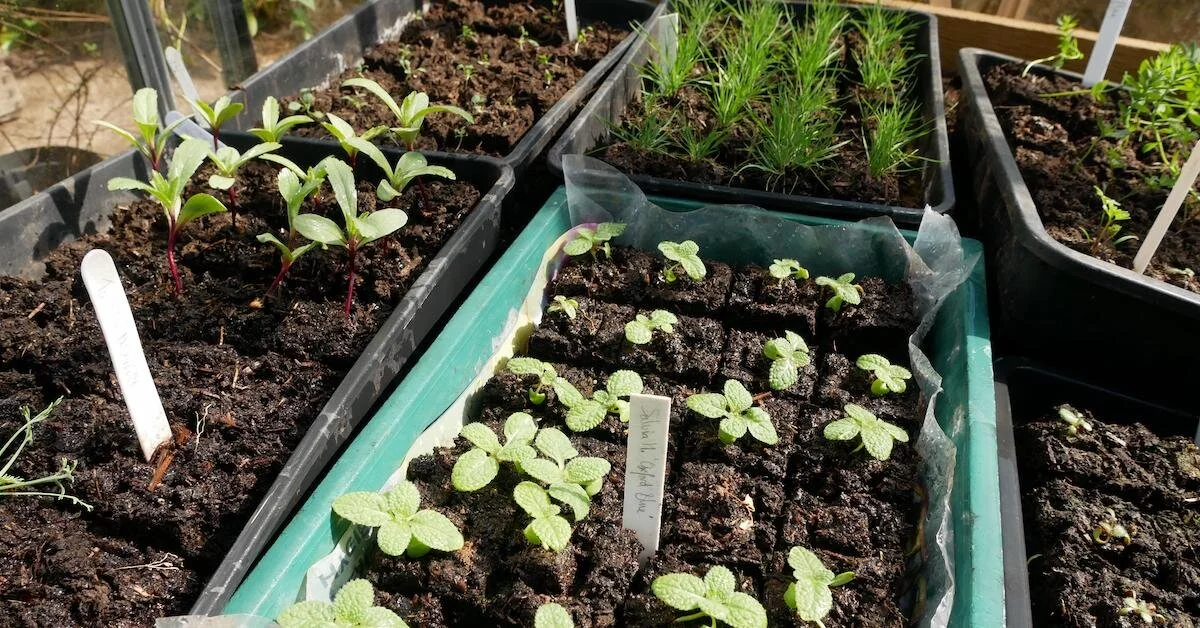Video: The Best Containers for Seed Germination
In this clip from the Team Flower Foundations for Growing Cut Flowers class, Kathleen and Kelly discuss various seed germinating containers (or seed starting trays) and the pros and cons of each. They’re sharing helpful information for both beginning flower growers and experts—all are welcome here! Watch to learn which containers are not recommended and why as well as a few tips on how to best utilize the systems that are available to you.
Key Points
Peat pots wick moisture away from the plant, so you have to keep the entire plant and peat pot soaking wet. There is truly no way to regulate the moisture content of your plants when you use peat pots. If your seedling survives and you plant your peat pot, you must cover the entire pot with about and inch of soil or it will wick moisture away from the roots and up to the surface.
When using trays made of small cells, it is both inefficient and difficult to fill each cell and pack the soil with no air pockets. They limit the varieties you’re able to grow, and it can be quite a task to remove the individual seedlings without harming the stem or root system.
Splitting seedlings may seem like an inefficient part of the process, but in fact, it is an integral piece of the strengthening cycle of the plant. It will make the plant more likely to weather the elements.
Using a container like the Landmark 601 tray allows for more varieties and it uses less space for more plants. You’ll find that using this system is altogether easier when it comes to transplanting your little germinated seedlings.







